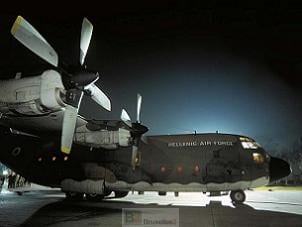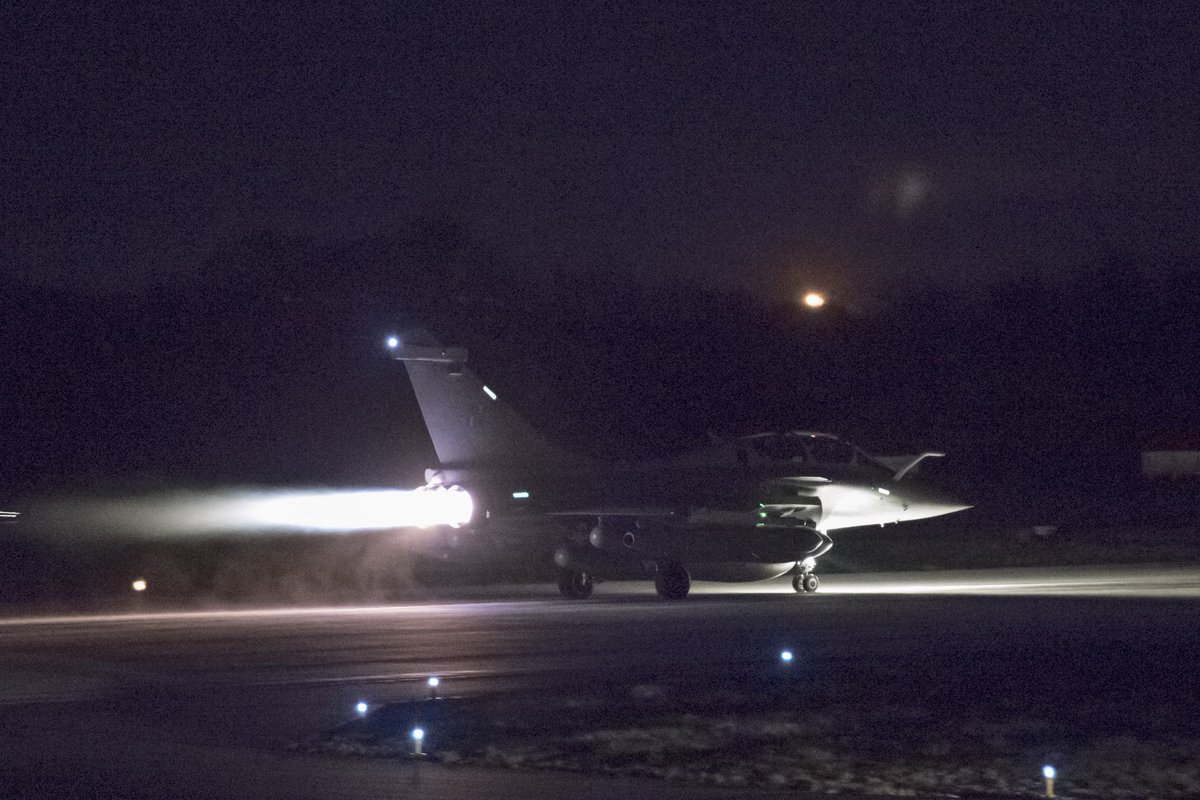Georgia. European civil security aid is deployed
(B2) Alongside the humanitarian aid itself, distributed by the Humanitarian Aid Office (Echo) - cf. A account of their first intervention -, Europe has implemented, since August 17, its civil security monitoring and coordination mechanism (MIC). Which is quite new in such circumstances.

A dozen active Member States
Here is the point on the 'emergency relief' aid established on the source of the European Commission on August 21st.
• Austria : emergency kit (which covers the medical treatment of 10.000 people for three months), sleeping equipment (including 200 tents, 1000 sleeping bags, 3000 blankets), fire-fighting equipment (56 water tanks). It should be noted that the Austrians were at the initiative of training and equipping mountain rescue forces, notably Georgian (within the framework of the OSCE).
• Republic Czech : medical supplies (including 280 units of blood plasma, more than 4000 bandages and 1000 human albumins).
• Estonia : medical supplies (including 14.700 bandages, 2460 antibiotics, 3000 infusion solutions, ambulance equipment and 8000 first aid kits), rescue and research equipment (Usar)
• France : bedding equipment (including 123 tents, 4000 blankets, 1400 beds), fire fighting equipment (220 fire fighting outfits).
• Greece : bedding equipment (65 tents and 270 blankets), 10 tons of medicine for around 500 people, water purification equipment.
• Hungary : medical supplies and equipment (help initially accepted by Georgia but no longer needed at this stage).
• Lithuania : 22 tents, food assistance, medical supplies (including 27.000 bandages).
• Latvia : medical supplies (including 18.000 bandages, 4000 blood products and antibiotics), food, sleeping equipment (52 tents of different sizes, blankets, mattresses).
• Poland : medicines and general assistive material
• Sweden : medical equipment and supplies (including five artificial respirators)
• Slovakia: sleeping equipment (including 1000 sleeping bags, 200 beds, 500 blankets, etc.), miscellaneous equipment (including clothing)
Small comments
Solidarity from Central European countries
France is the only major country (along with Poland) to have provided aid through this channel. No British or Germans, for example, in this device for example. Apart from Austria, Sweden and Greece, it is also the countries of central Europe which have been the quickest to react, geographical and historical proximity obliges. This also demonstrates that beyond words and European subsidies, these countries know how to return to others the European solidarity from which they benefit. Another encouraging sign: the setting up of a transport pool between the French, Austrians and Slovaks: a Dash 8 plane from civil security thus made a stopover on the night of the 21st to 22nd in Vienna to embark equipment.
A denial to those who criticize
The former Lithuanian president, now MEP and vice-president of the Caucasus delegation, Vytautas Landesbergis, was surprised publicly, Wednesday, in front of the journalists in the European Parliament, that the Americans are where the Europeans did nothing.
This long list is a singular denial. Just like the chronology of the facts: from the crisis, France, in particular (followed by Greece), posed two planes in Tbilisi, as well as the organizations of the United Nations, the Americans then followed. It is difficult to explain how Landesbergis, a man for whom I have admiration for having played his role in the independence of his country, lets speak such a benevolent Atlanticism.at and do "plier" the facts to the cause he defends.
Humanitarian tools that work
In fact, the European Union can be criticized for not having anticipated the crisis more from a diplomatic and military point of view. But not to have delayed at the humanitarian or civil security level. One could even say that Europe's problem is that years after the first crises it had to face, in particular in Yugoslavia, it still prefers to react with its humanitarian tools (which are quite effective), for political timidity rather than lack of diplomatic or military means.
(Nicolas Gros-Verheyde)
Photo credit: Ecasc, civil security application school and greek foreign ministry


